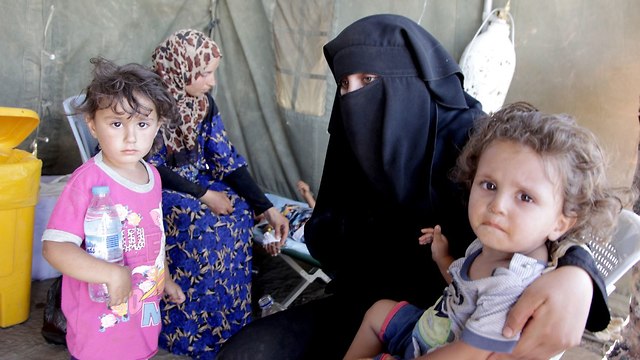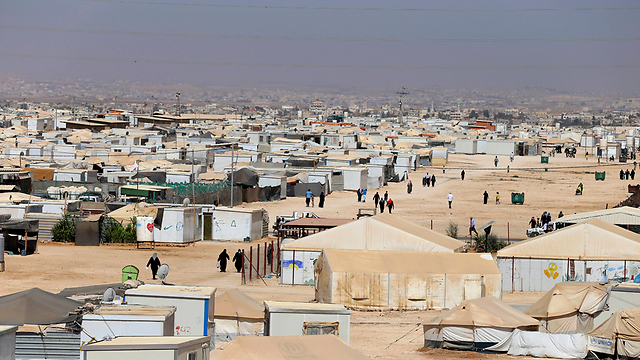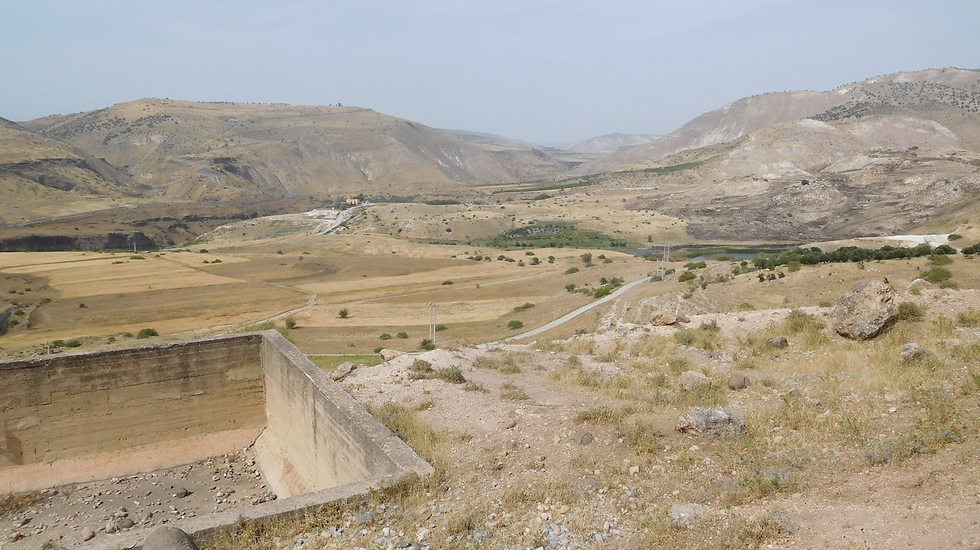
Issam Al-Majali, spokesperson for the ministry charged with overseeing the refugees, says that the influx “caused a huge increase in governmental expenses between the years 2011 and 2018 due to the costs involved in responding to the refugees’ needs.”
A document released by the ministry highlights a reduction in core services for the refugees, as well as expenditures that have tripled due to the need to secure the borders and beef up internal security.
According to a report released last month by the United Nations High Commissioner for Refugees, only 660,000 of the Syrians who have fled to Jordan have registered with the agency, which provides them with some means of support.
All the above, according to Majali, has caused “a huge decrease in Jordan’s economic growth,” from 6.1% between the years 2000 and 2010, to 2.4% between 2011 and 2018, and an “increase in the Jordanian debt,” from 69% in 2010 to 95% by the end of 2018.
There have been other areas of impact as well.
“Unemployment among Jordanians increased from 12% in 2012 to 19% in the first quarter of 2019, while the poverty level rose from 14.4% in 2010 to 20% by the end of 2016,” he said.
“Despite support for the Jordanian government from the international community in response to the refugees, their presence has cost Jordan about $1.4 billion,” he added.
In addition, he said, closing the border with Syria has harmed the national economy, as that country was a transit point for trade between Jordan and such places as Turkey and Lebanon.
Jordanian economist and analyst Jawad Al-Anani agrees but says the closed borders have also affected bilateral trade.
“Syria used to be one of the most important sources for inexpensive quality goods,” he says. “In addition, Jordan used to export goods to Syria, and we had investments in Syria.”
Anani, too, expounded on the way the refugees have burdened the country.
“Personal incomes have gone down while the Syrians have increased the need for electricity, as well as the load on schools and health services, which means increasing costs for the government,” he said.
Starting in 2016, the European Union has made more funding available to Jordan in the form of grants and loans, while facilitating exports to Europe as a way of overcoming lost regional trade.
Majali said that Jordan views the refugees’ presence as only “temporary,” adding that Amman “will not deport any refugees, which is in line with international law.”
Article written by Murad al-Sabi. Reprinted with permission from The Media Line



















